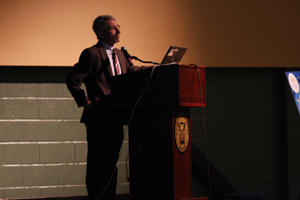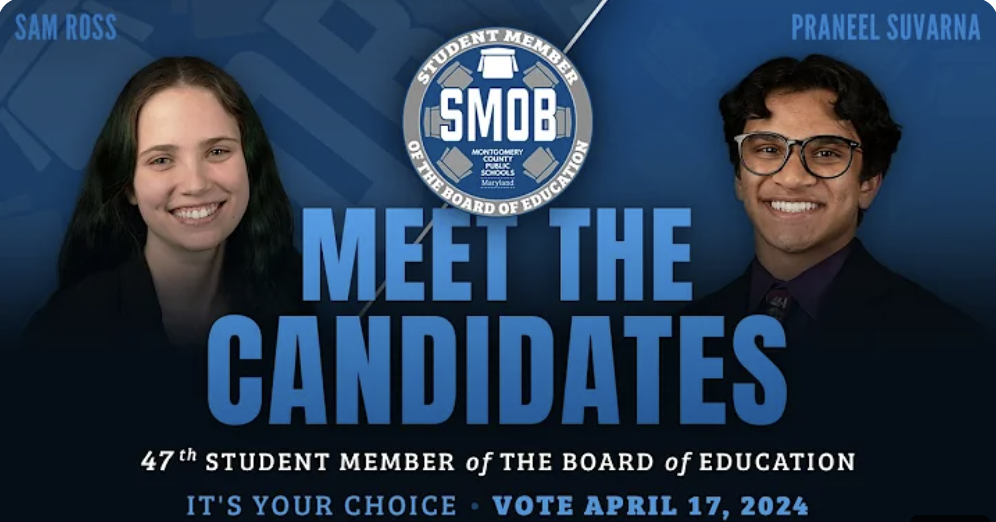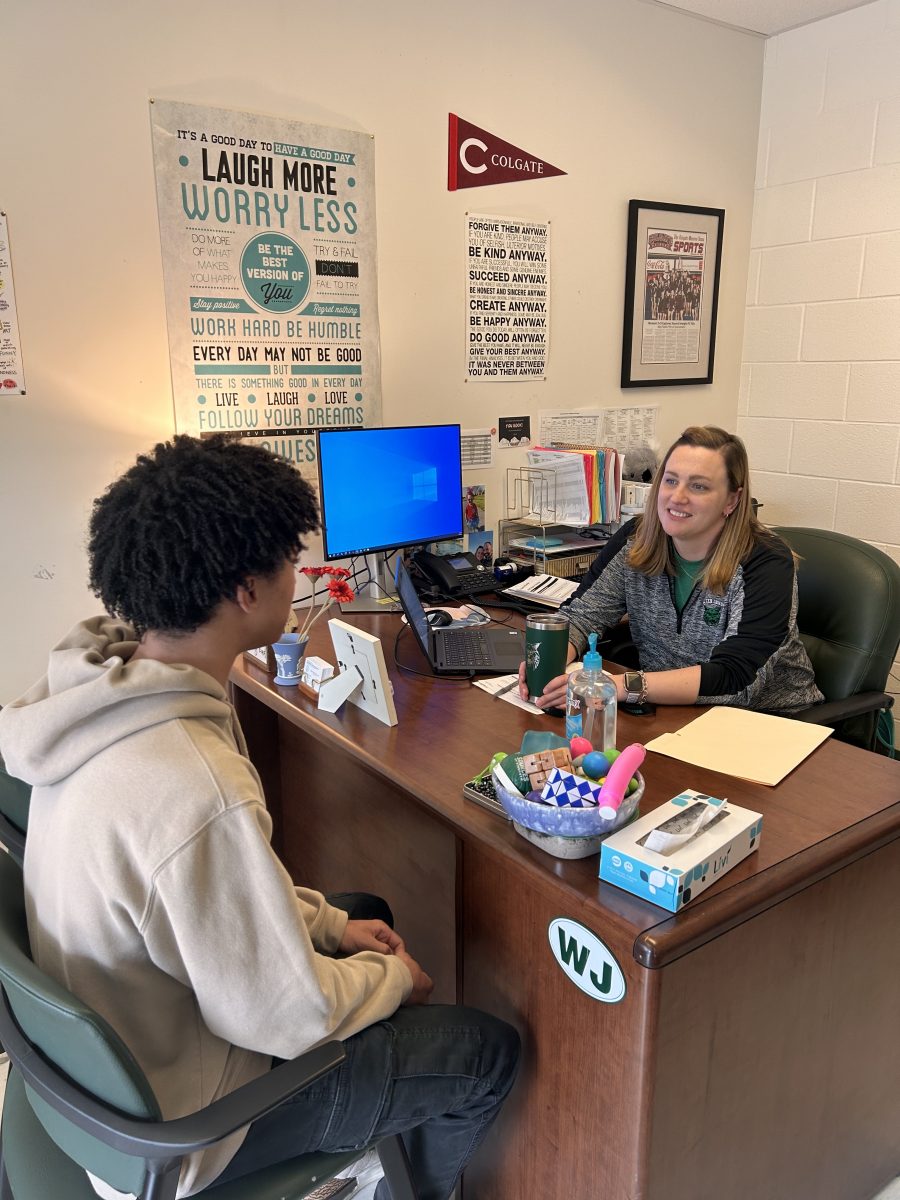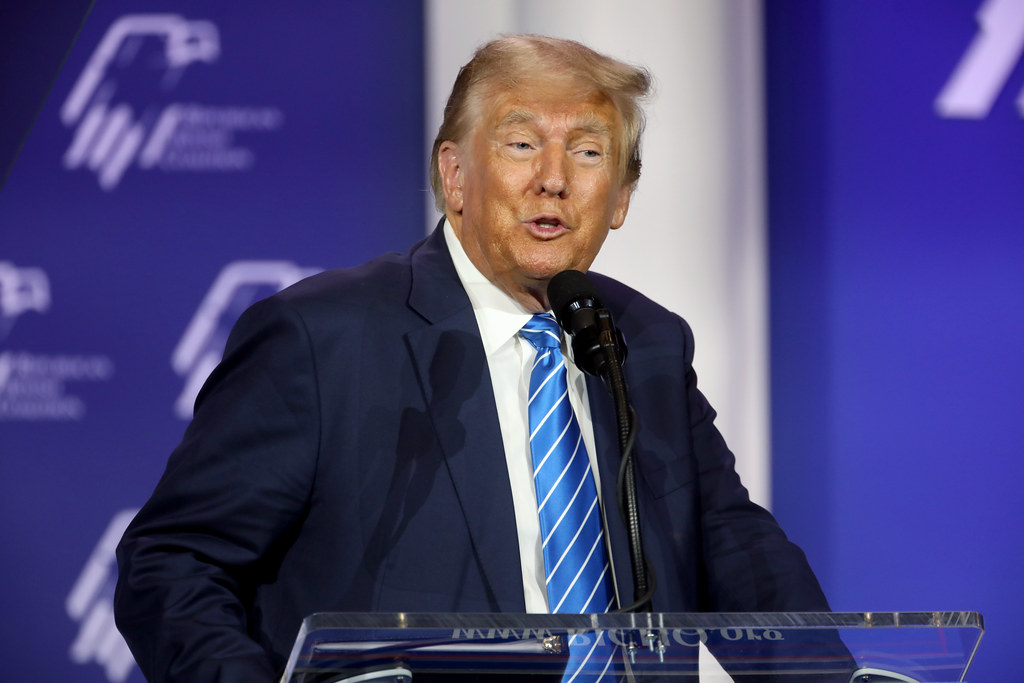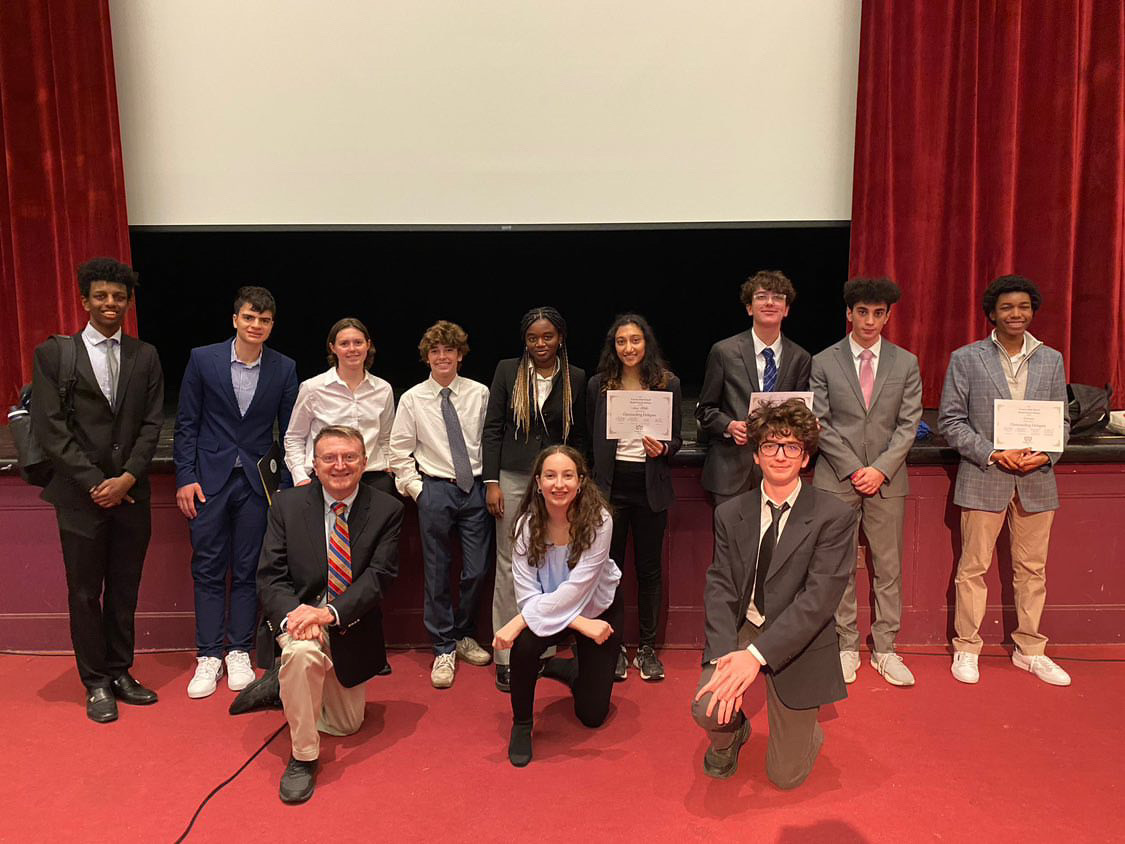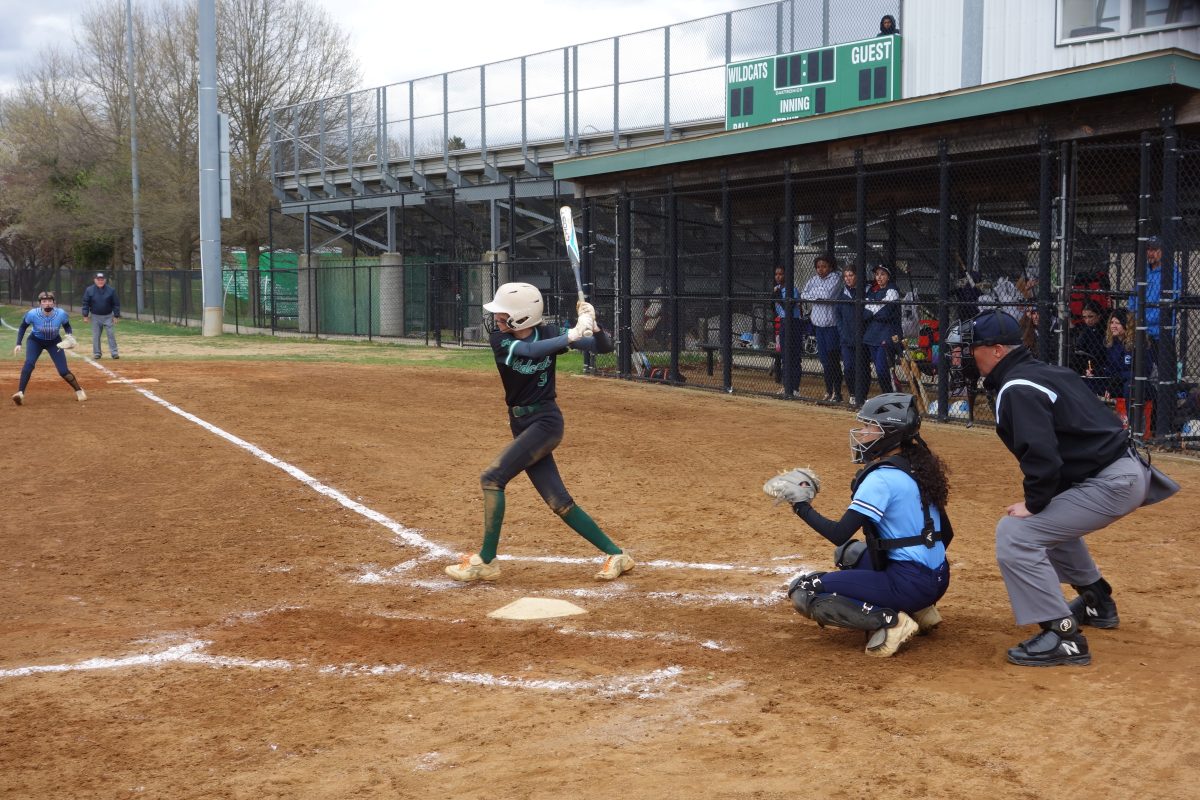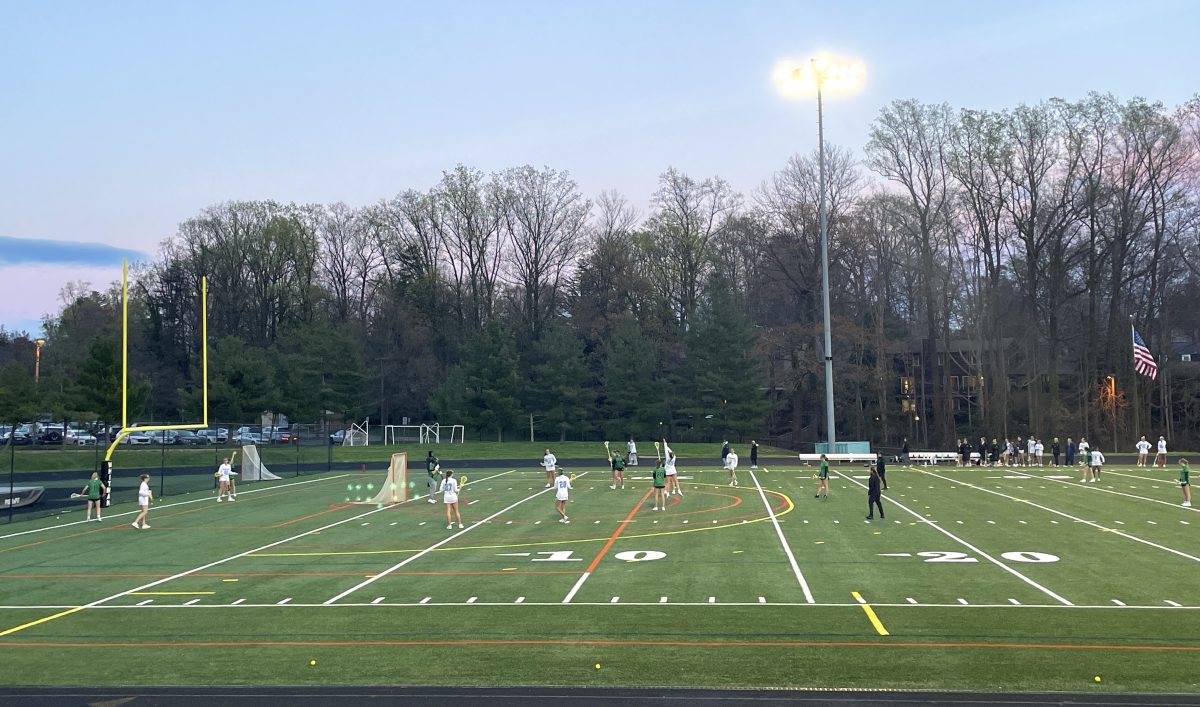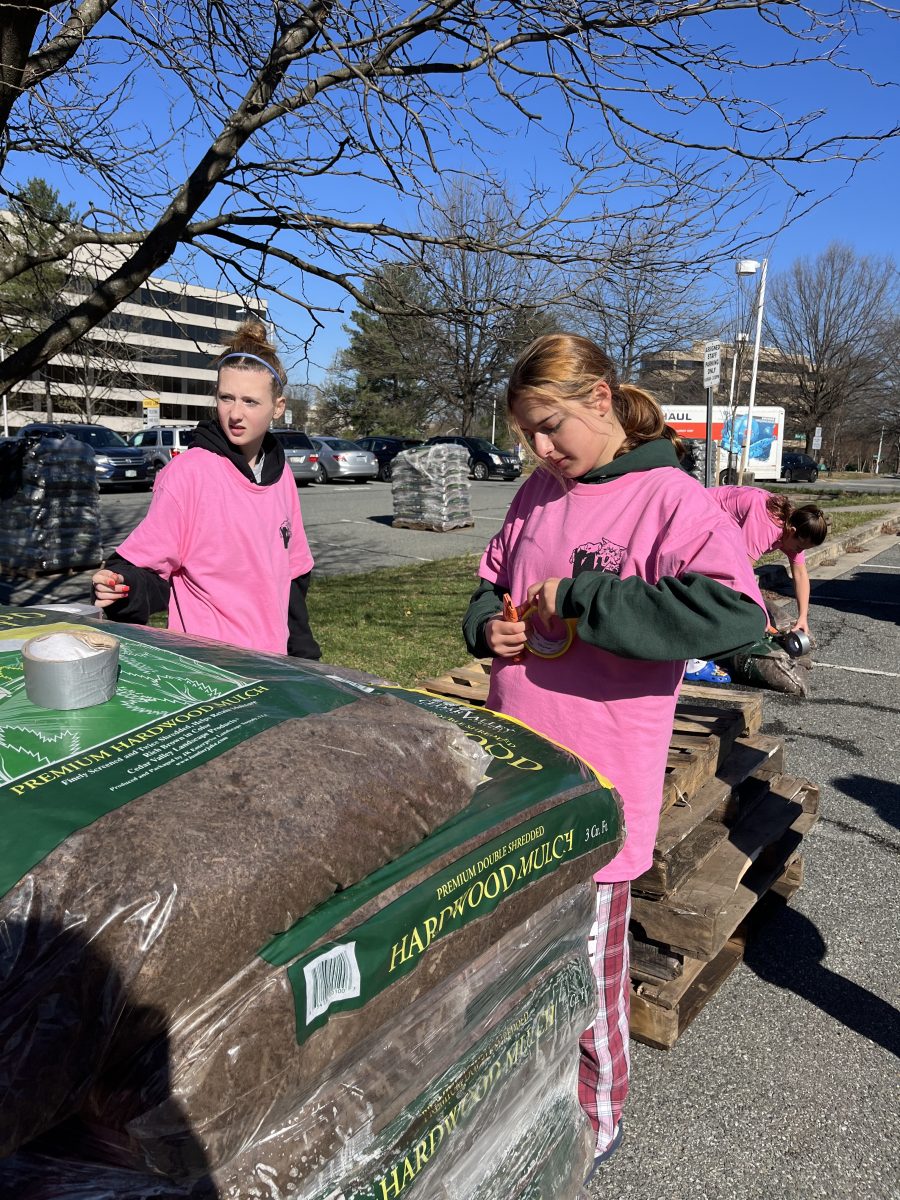In the early 1980s, HIV/AIDS had just been recognized as a disease. The general public thought that HIV was limited to homosexuals and drug users. There was no cure or treatment option, and the life expectancy of a person with the virus was only a few months long.
Enter Dr. Anthony Fauci, currently the head of the National Institute of Allergy and Infectious Diseases, a branch of the National Institutes of Health (NIH). It was through his work that AIDS was recognized for the epidemic that it was. He pushed for the funding of AIDS research and oversaw the development and approval of drugs that keep HIV-infected patients alive for decades. To reach that point, however, meant struggling against the misconception that AIDS was a “gay” disease.
Fauci spoke at WJ between 4th period and lunch on March 26 in the auditorium at the invitation of Patricia Richards, the resource teacher for the Science Department. He told students that President Reagan, as a strong social conservative, never mentioned the term AIDS until after reelection. Even so, Fauci’s opportunity to serve under his administration at NIH as a lead researcher paved the way for groundbreaking developments in biomedical research. He has testified before Congress over 200 times – more than any other person.
“I became the public face of HIV/AIDS in the country,” said Fauci. “Although I was devoting my professional life to try to figure out what this disease was, there was a growing activist community, mostly of gay men, asking, ‘Why was not [sic] the federal government responding . . . to this emerging disease?’”
As the face of government AIDS research, he was often the target of demonstrations by members of the AIDS activist community. In one case, Fauci was mentioned by name in an open letter published in the San Francisco Chronicle and called an “incompetent idiot.” In another, protesters rushed the NIH campus, tossing smoke bombs and demanding to speak with Fauci. Shockingly, he granted their request, sparing protesters from being arrested.
“That began what has now become a historic interaction between the activist community and the federal government,” Fauci said.
Today, a great deal of Fauci’s work is focused on increasing access to HIV/AIDS treatment in developing countries, many of which have unbearably high infection rates. Over 90 percent of AIDS cases are outside of the United States, and most of those who are infected cannot afford medication.
“I had the opportunity of visiting hospitals where these African doctors were facing the same problem that I faced 20 years earlier,” Fauci said. “All of their patients were dying, and they had no way of saving them. The only ironic tragedy was that we did have drugs – only they couldn’t afford them.”
Students had the opportunity to speak with Fauci in a less formal setting, eating lunch with him in the Student Commons during 5th period.
Fauci’s work has been recognized by numerous institutions. He received 30 honorary doctorates from universities worldwide and, in 2008, was awarded a Presidential Medal of Freedom, the highest civilian honor in the United States.

